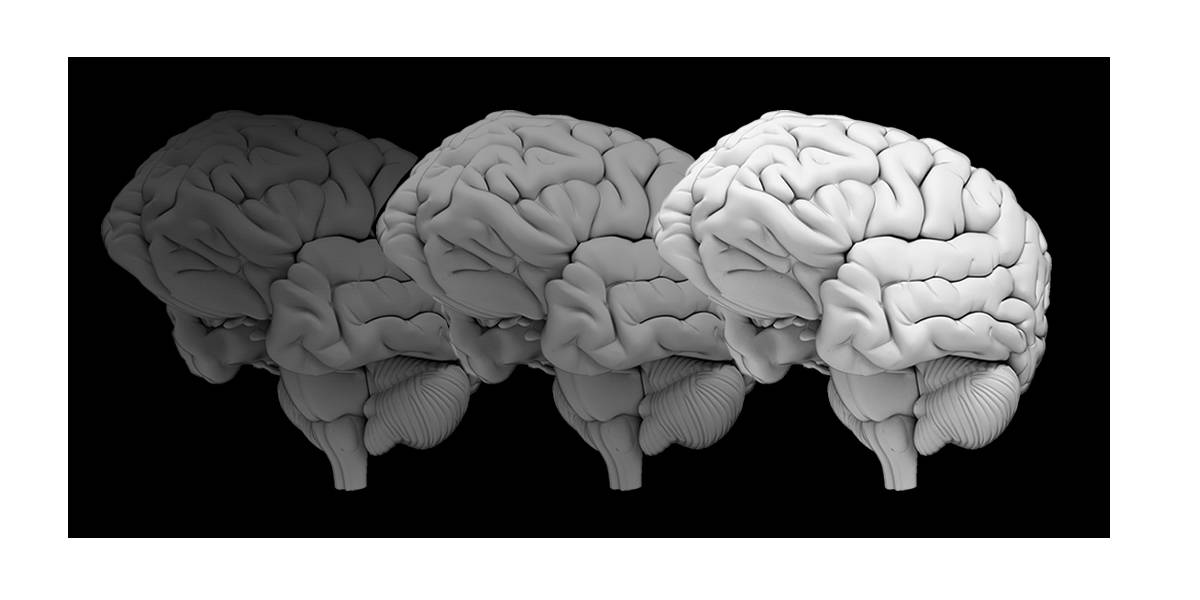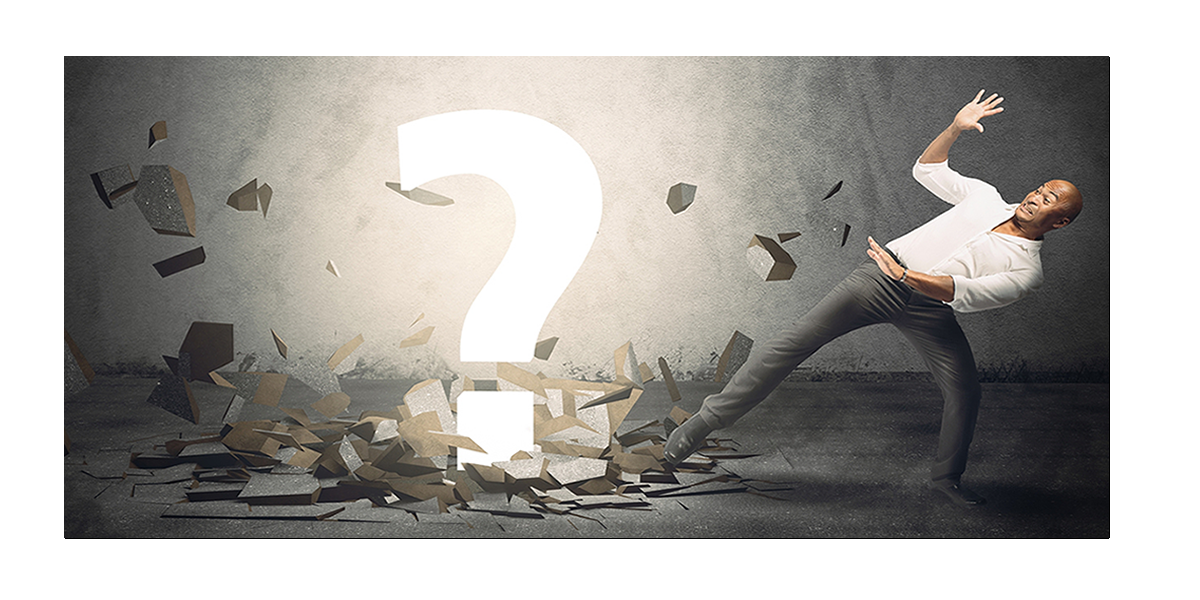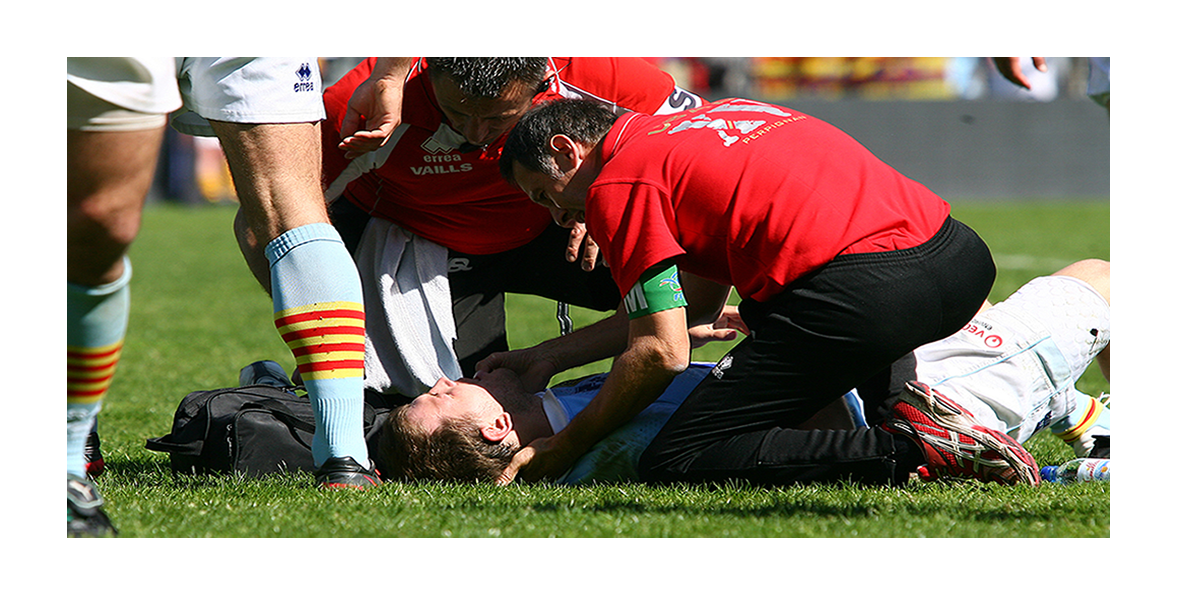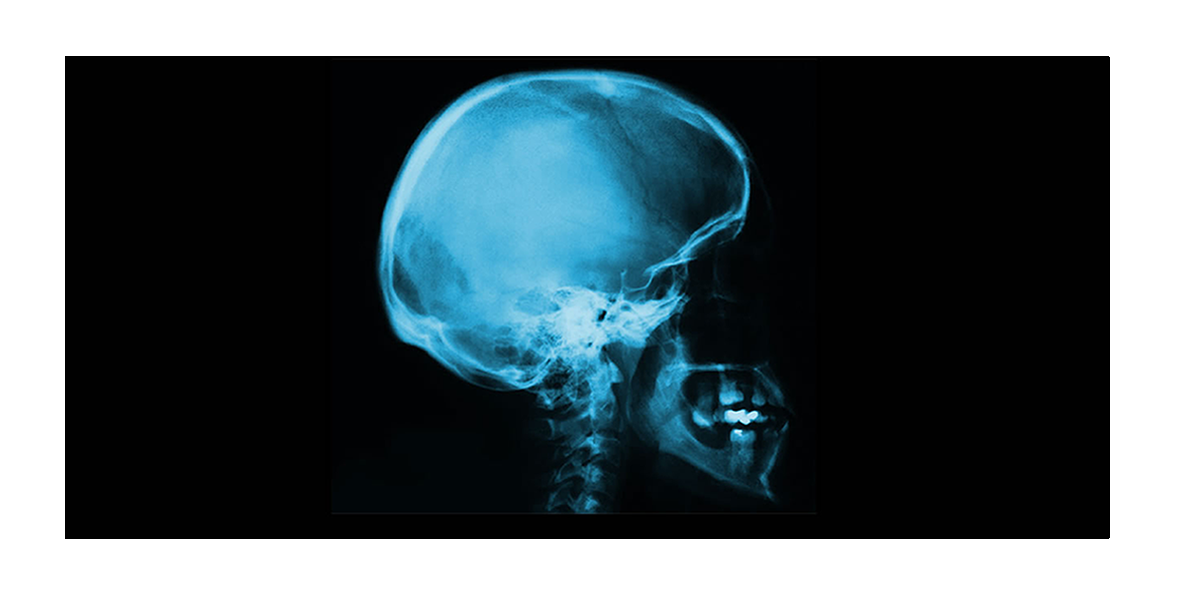ER, Trauma Doctors Often Miss Diagnosis of Mild Brain Injury "Mild traumatic brain injury is an epidemic in the United States, and fewer than 1 in 20 patients get the rehabilitation they need," said Dr. Alladice of Baylor College of Medicine, Houston. |
|
Brain Injury on the Rise Mild to moderate brain injury is on the rise in Australia; it is estimated that 135,000 individuals will sustain some form of brain injury every year. If the injury to the brain is severe enough to cause permanent damage, these individuals will be added to the already 432,700 people across Australia living with some form of brain injury. These numbers are staggering, as it accounts for roughly 2.2% of Australia’s total population. After any sort of brain injury there are proper steps to be taken to ensure rehabilitation will assist in best available recovery. A common misconception among the general public is that suffering a brain injury automatically means that you will have some sort of physical handicap. While this is true in many cases, suffering a mild to moderate brain injury can also have devastating affects on your mental state, negatively impacting your behavior and cognitive thinking skills. These psychological changes can also serve as a warning sign that something may be going on inside your brain after you have suffered an injury to your head. A traumatic brain injury can result in changes to your mood, physical appearance, and over all temperament. These changes can last for a few days, months, or even a year after the injury has occurred. Symptoms and severity will depend on the damage inflicted at the time of the injury, but overall will always require medical intervention. If one expects to fully recover from an injury to the brain, no matter how minor or severe in nature, the opinion and advice of a neuropsychologist should be sought. The number one goal for any type of brain injury is prevention! Australia has many safety measures in place to try and cut down on the amount of brain injuries suffered by individuals each year. However, you must abide by these rules set in place by the government to try and ensure your safety. That said let me say many times the fault of the injury is not at the responsibility of the individual whom suffered it. In this case the best advice you can get, after medical treatment, is from an experienced personal injury lawyer. It is best to contact a specialist lawyer as soon as possible after the injury, even though in some cases a legal claim may be put off until the full extent of the brain damage has been assessed. © 2008 King This email address is being protected from spambots. You need JavaScript enabled to view it. |
What is Brain Injury?
Brain injury can be a devastating disability, and given the brain’s complexity and the differences in the types, locations, and extent of damage, the effects of a brain injury can be wide and varied. Some occur immediately, and some may take days or even years to appear.
© Brain Injury Center 2015
Contact Us
The Human Brain
The human brain in an incredible thing! It’s one of the most complex and least understood parts of the human body, but science is making new advances every day that tell us more about the brain.
The average human brain is 5.5 inches wide and 3.6 inches high. When we’re born, our brains weigh about 2 pounds, while the adult brain weighs about 3 pounds.
The brain accounts for about 2% of your total body weight, but it uses 20% of your body’s energy!
It sends out more electrical impulses in one day than all the telephones in the world, and it’s estimated that the brain thinks about 70,000 thoughts in a 24-hour period.
Warning: Graphic photo
© 2008-2015 Brain Injury Centre






